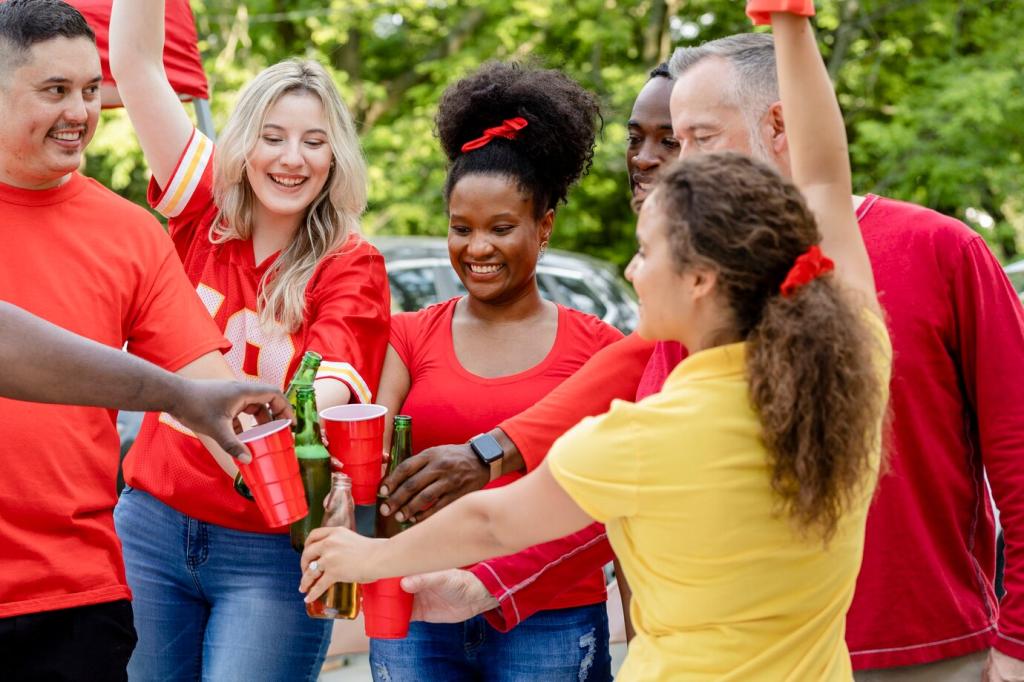Eco‑Tourism and the Empowerment of Indigenous Peoples
Why Empowerment Matters in Eco‑Tourism
Eco‑tourism is most powerful when travelers become respectful guests and communities remain decision‑makers. That shift—from consuming a place to caring for it—creates shared stewardship, where local knowledge guides visitor behavior, limits numbers, and protects sacred areas while funding conservation led by those who know the land best.
Why Empowerment Matters in Eco‑Tourism
Empowerment means revenue that stays local, salaries that reflect skilled expertise, and ownership structures that keep decision‑making at home. When communities design the experience, profits fund health clinics, ranger patrols, and schools, replacing dependency with dignity and resilience that lasts longer than any single travel season.
Why Empowerment Matters in Eco‑Tourism
Culture thrives through choice, not display. Programs shaped by community councils decide which stories are shared, which ceremonies remain private, and how visitors learn respectfully. This protects sacred knowledge, avoids cultural fatigue, and ensures that tourism supports living traditions rather than freezing them in time for outside expectations.
Free, Prior, and Informed Consent in Practice
Consent is more than a checkbox; it is a process led by communities, on their timeline, in their language. Ethical operators document consultations, adapt routes when elders raise concerns, and revisit agreements annually so evolving priorities—like wildlife recovery or ceremonial calendars—always shape what travelers can see and do.
Local Guides, Local Governance
Guides are cultural ambassadors and ecological experts. When they are hired locally, certified fairly, and represented on governance boards, the experience deepens. Trails align with traditional uses, wildlife viewing remains respectful, and guests leave understanding stories, plants, and protocols that only resident knowledge‑keepers can share with nuance.
Profits that Circulate at Home
Transparency matters. Look for community ownership stakes, published revenue shares, and procurement from local artisans, farmers, and boat operators. When money circulates through neighborhood workshops and family businesses, it multiplies—funding language classes, youth ranger programs, and renewable energy that lowers costs while protecting ancestral territories.

Stories from the Field
On Panama’s Caribbean coast, a Guna family hosts small groups for reef walks and cacao tasting, guided by community rules limiting visitor numbers and anchoring near reefs. Guests learn phrases in Dulegaya, pay fair daily fees, and leave with a deeper respect for coral stewardship woven into everyday life.


Stories from the Field
In community conservancies, Maasai leaders collaborate on grazing plans and wildlife corridors, balancing pastoralist livelihoods with habitat protection. Tourism fees support scholarships and scout patrols, while guests witness lion tracking from a respectful distance—reminded that conservation succeeds when Indigenous governance leads the agenda, not the other way around.
Practical Tips for Respectful Travelers
Questions to Ask Operators
Before booking, ask who owns the business, how revenue is shared, and which community representatives approved the itinerary. Request specifics on guide training, cultural protocols, group size limits, and waste management. Ethical companies welcome these conversations and provide clear documentation rather than vague promises or marketing slogans.
What to Pack—and What to Leave Behind
Pack refillable bottles, low‑impact toiletries, and layers suitable for local weather so you avoid emergency purchases. Leave drones, loud speakers, and disposable souvenirs at home. Bring a notebook for learning phrases and plant names—quiet curiosity often opens conversations that no gadget could ever replace or replicate.
Photography with Permission
Ask before photographing people, ceremonies, or sacred sites. Some stories are not meant for broadcast, and some images carry cultural meaning beyond a snapshot. When permitted, share captions that acknowledge the community, place, and context—and never monetize images without explicit, prior agreements honoring rights and revenue sharing.
Measuring Real Impact
Meaningful measures include wildlife abundance, nesting success, water clarity, and fuel use per guest. Operators can log sightings with community rangers, test stream health, and cap visitor numbers during sensitive seasons. When nature rebounds—more birds, clearer lagoons—travelers can see their choices reflected in thriving ecosystems.
Measuring Real Impact
Let communities define success: women in leadership roles, youth apprenticeships, language classes funded, and reduced out‑migration. Publish salary parity, training hours, and safety outcomes. Numbers should be co‑owned, reviewed in meetings, and adjusted annually to reflect evolving priorities and the lived realities of families on the ground.



How to Get Involved and Stay Connected
Sign up to receive itineraries co‑written with local guides, seasonal cultural notes, and impact dashboards. We highlight smaller groups, slower travel, and routes approved by community councils—so your planning starts with consent, respect, and real opportunities to contribute where they are actually needed most.
How to Get Involved and Stay Connected
Post a comment with one concrete promise—like capping group sizes, buying direct from artisans, or asking for revenue breakdowns before booking. Your commitments inspire others, and we’ll feature the most thoughtful ideas in future guides to amplify practical, traveler‑led accountability across destinations worldwide.
